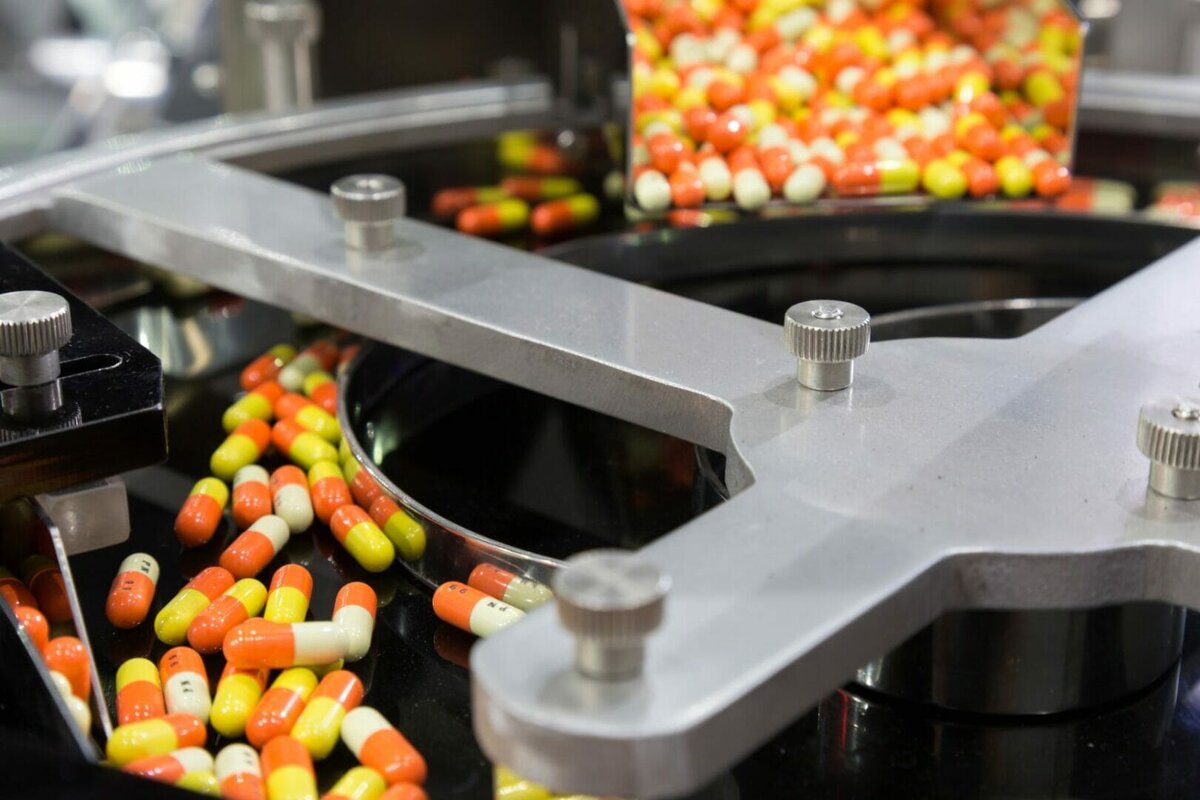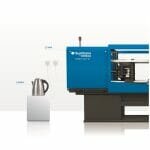~ Automating drug discovery increases accuracy, precision and reproducibility ~
There is no silver bullet when it comes to drug discovery. It’s a complex, multi-layered problem, with manufacturers having to consider factors like the safety, efficacy and pharmacokinetics of candidate drug molecules. Here Neil Ballinger, head of EMEA at industrial parts supplier EU Automation, discusses how drug discovery processes can be automated to save time and money for manufacturers.Developing a new prescription medicine that gains market approval is estimated to, on average, take ten years and cost roughly £2 billion. Driven by the need to waste less time and money, drug developers are trying to find new ways to maximise throughput and increase efficiency.
Drug discovery is now being thought of as being an exercise in big numbers. Processes quickly analyse large swathes of data and carry out experiments across a huge population, generating reliable datasets. These tasks can be performed manually but they are time-consuming and laborious, which makes them prone to error.
For pharmaceutical companies to operate efficiently and effectively in this high-stakes environment, they must be able to carry out large numbers of experiments quickly and reliably. This can only be achieved if they place their trust in machines and implement automated technology, such as high-throughput screening (HTS) and automated liquid handling.
High-throughput screening
Millions of chemical, biological and pharmacological tests can be conducted reliably, in a short amount of time, using HTS. It combines liquid handling devices, sensitive detectors in the form of plate readers, instrumentation control and data processing software to quickly identify active compounds, genes or antibodies that can modulate a specific biological pathway.
The primary goal of HTS is to individually screen libraries of small molecule compounds for binding, activating or inactivating biological activity in drug target molecules. It identifies any compounds that possess the desired activity to undergo further testing and optimisation. Compounds with little or no activity with the desired biological pathway are excluded from the candidate pool in this process. This ability to rapidly screen a diverse range of molecules and identify active compounds increases the rate that data can be generated and analysed.
Liquid handling
Accuracy, precision and reproducibility are fundamental principles of drug discovery. Automated liquid handling systems have facilitated the creation of complex, multi-layered experiments that are accurate, precise and reproducible. The latest pipetting systems employ highly accurate, low-cost, disposable pistons that can dispense liquids at the nanolitre scale. Furthermore, because the pistons are single use, they are consistently accurate and actively avoid contamination.
Liquid handling machines are robust and easy-to-operate platforms, that can be customised using different add-on modules to carry out a wide range of experiments. These include, but are not limited to, centrifuges, colony pickers, orbital shakers and polymerase chain reaction (PCR) machines. Because of this versatility, liquid handling machines can boost the productivity of any drug development lab by producing large-scale datasets that are accurate, precise and repeatable.
Modern medicine is evolving, becoming increasingly complex and bespoke, and methods and techniques must evolve with it to keep up with demand. Automation presents a new multi-layered approach to drug discovery with its ability to assess multiple factors at once. Safety, efficacy and pharmacological profiles can be combined into one easy-to-understand dataset that streamlines the entire process and saves money along the way.
Upgrading your manufacturing process to take advantage of automation doesn’t have to mean an expensive overhaul of your facility. It just requires careful investments, good obsolescence management and a strong relationship with an industrial parts supplier. For more information, visit www.euautomation.com.








